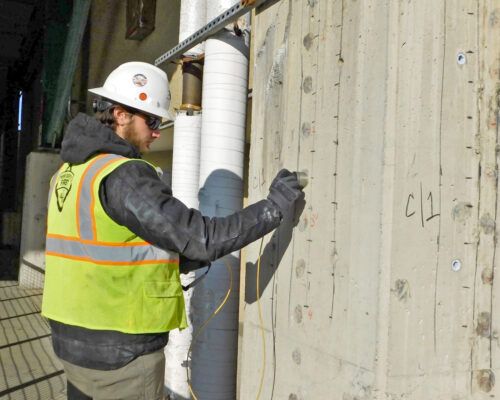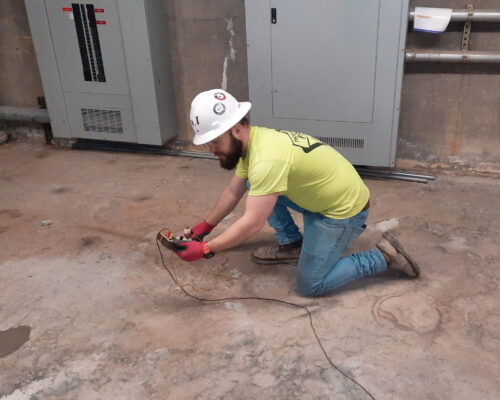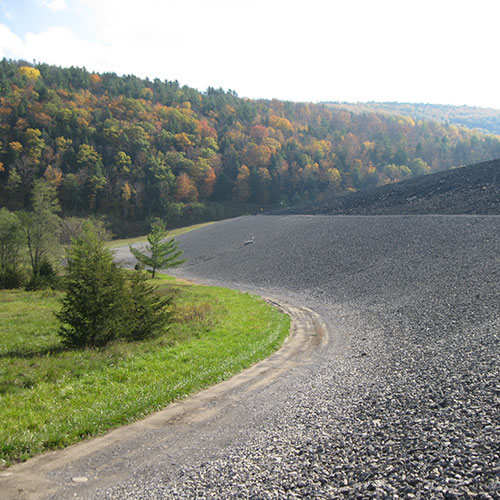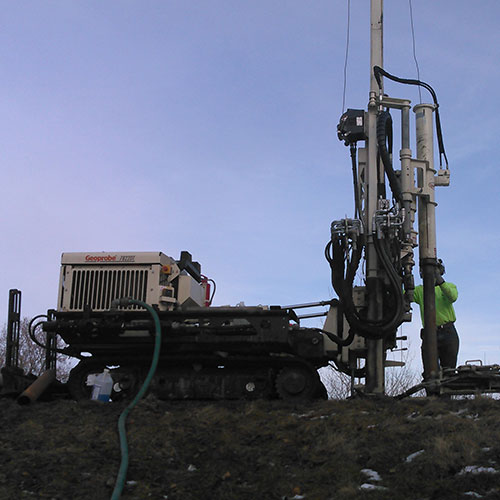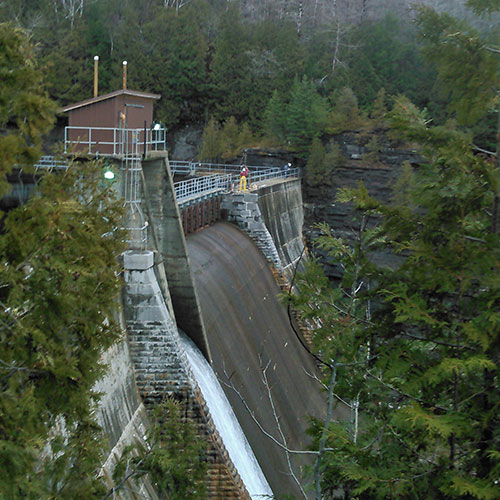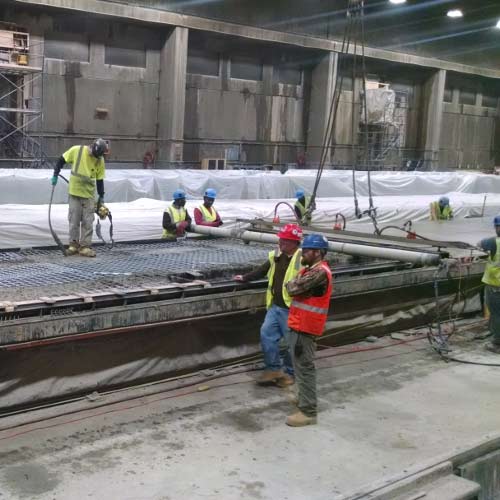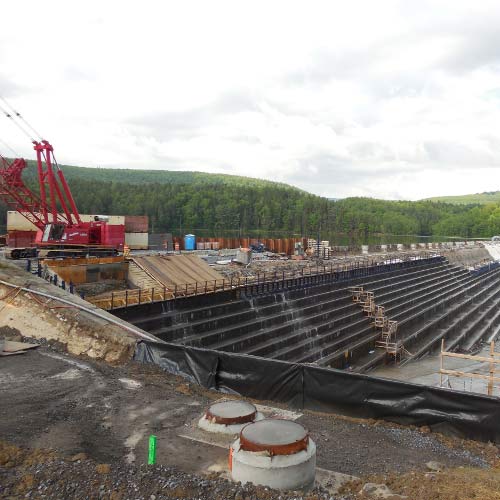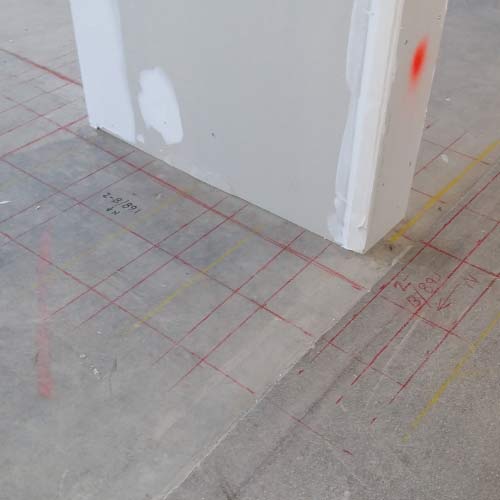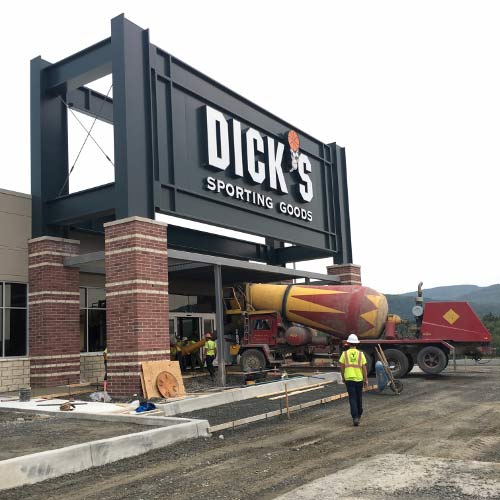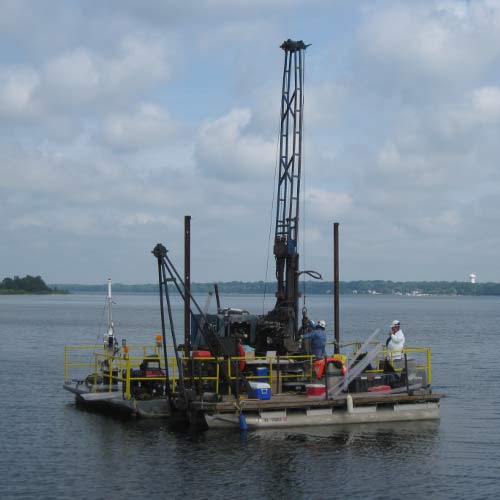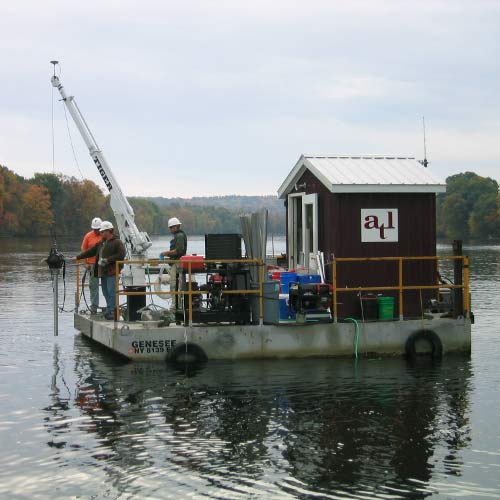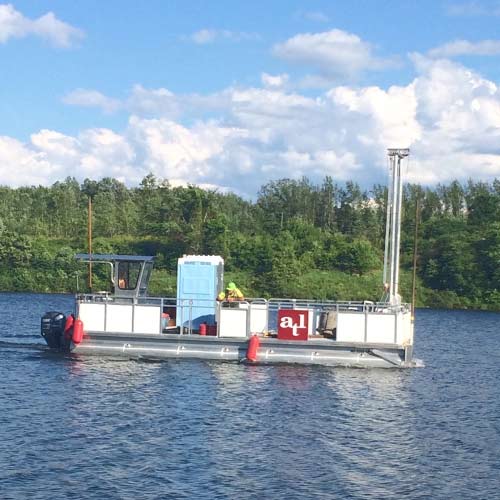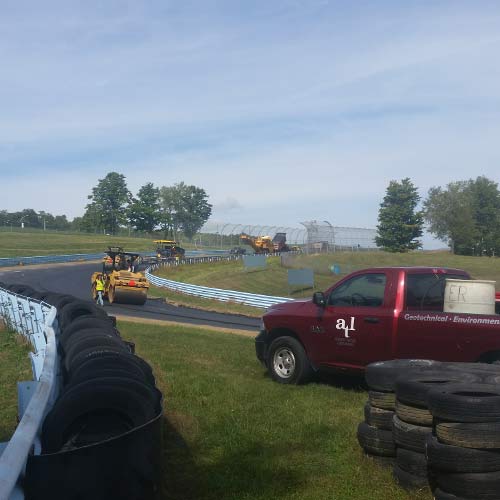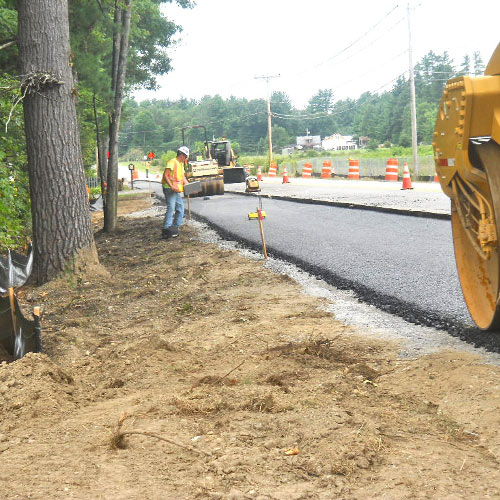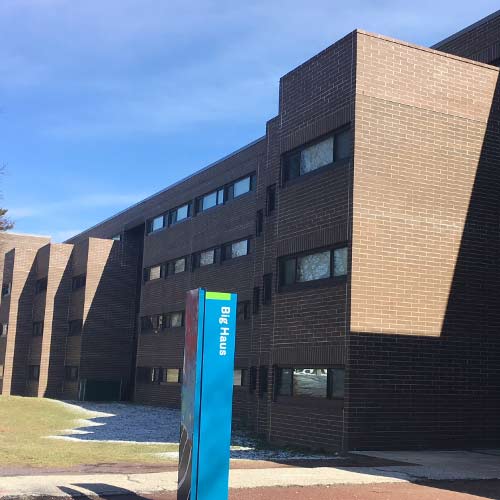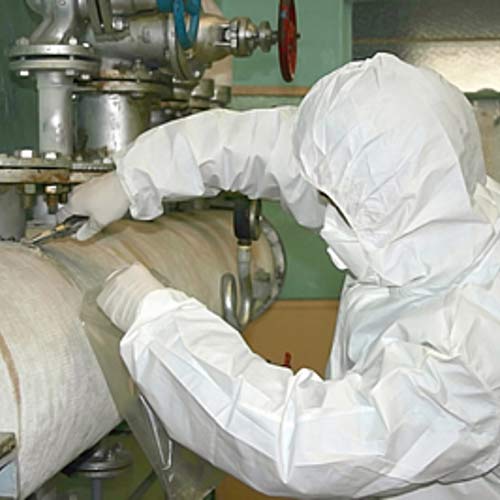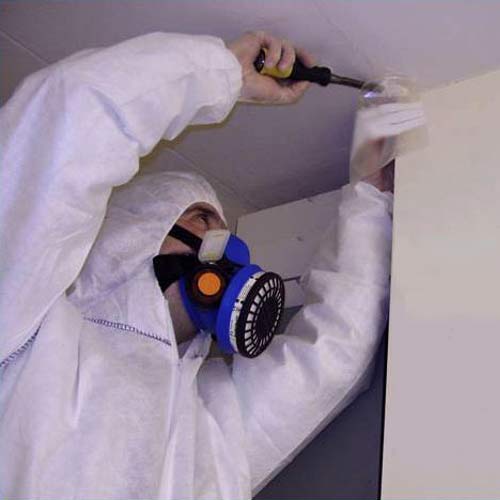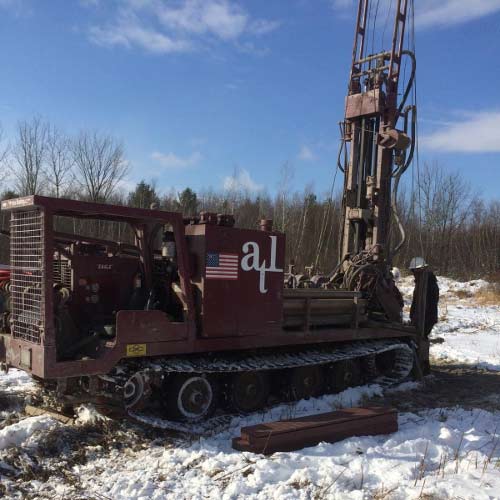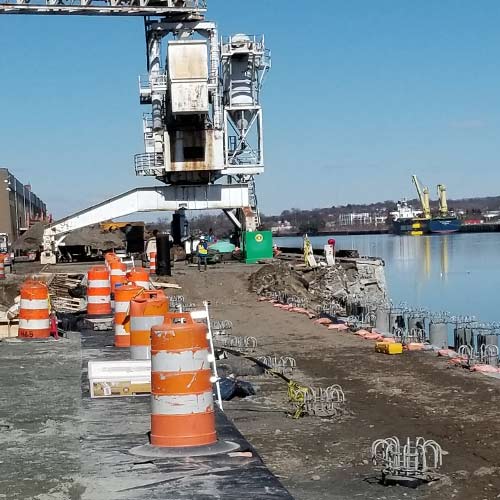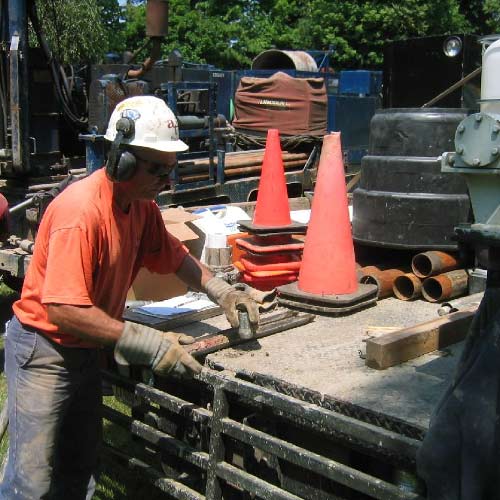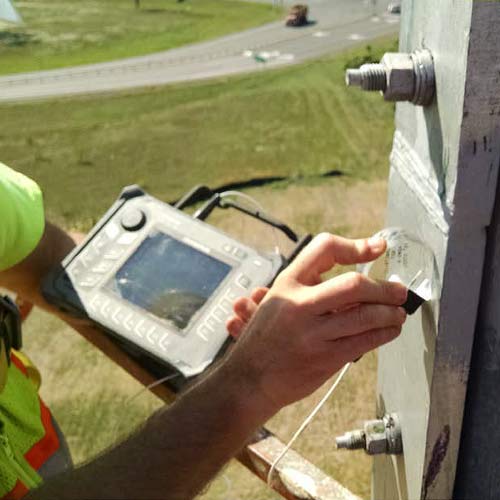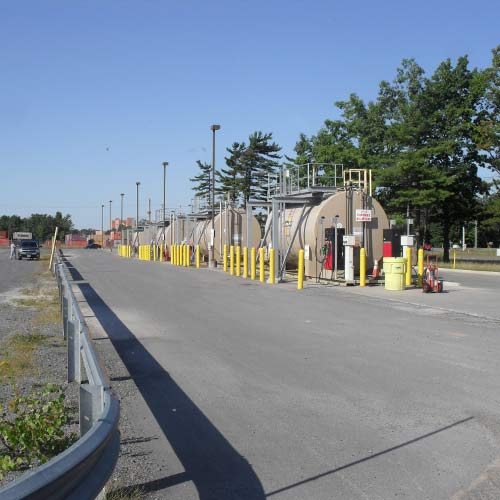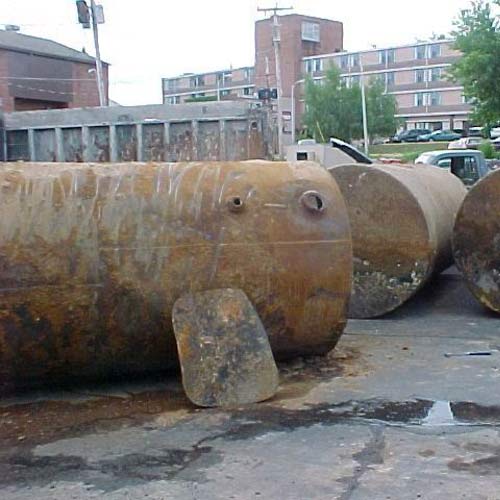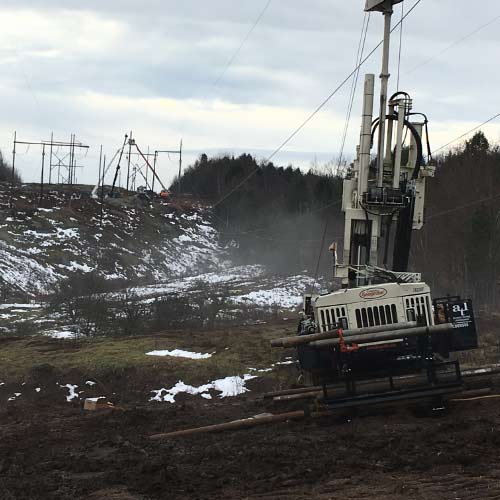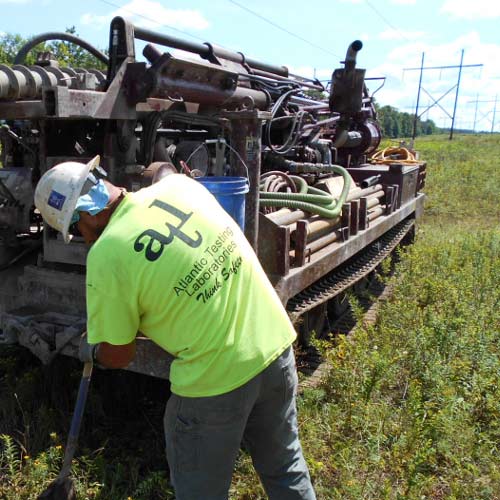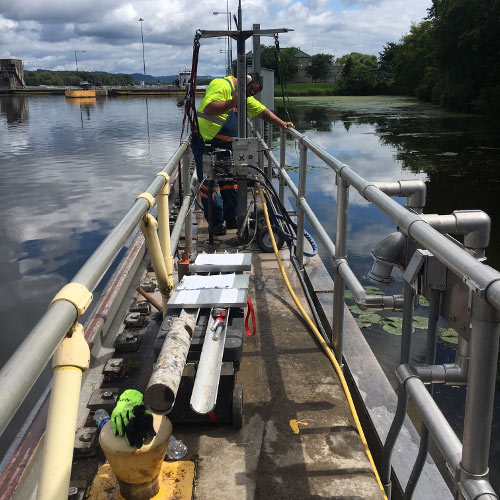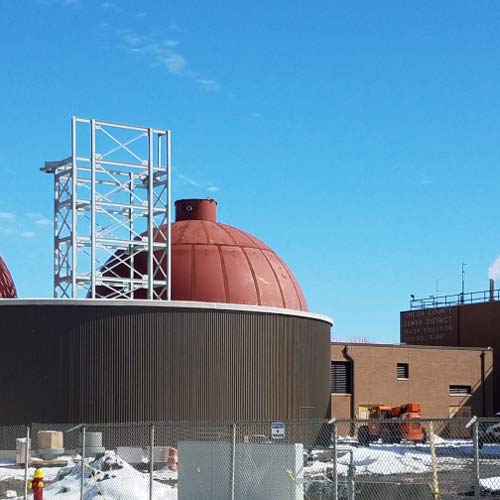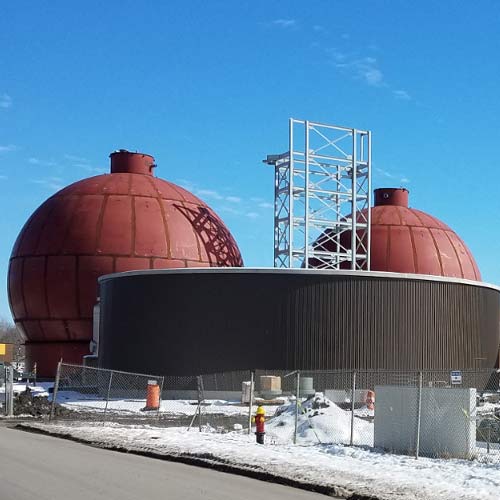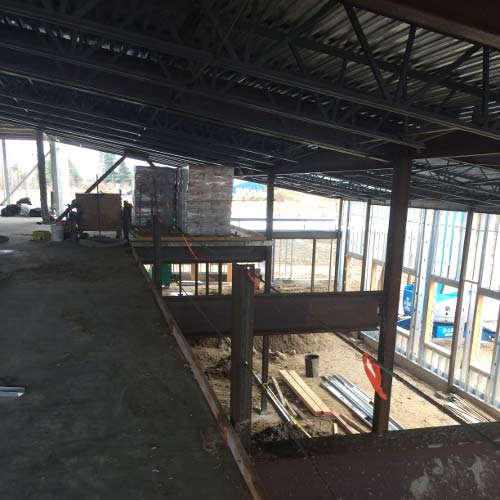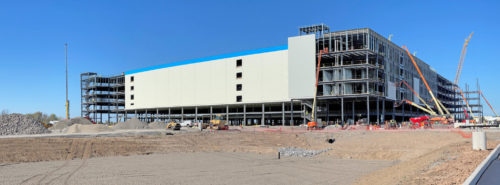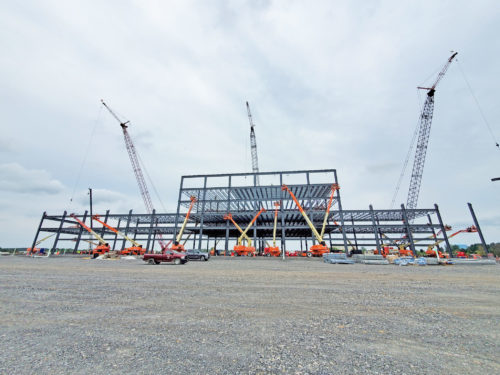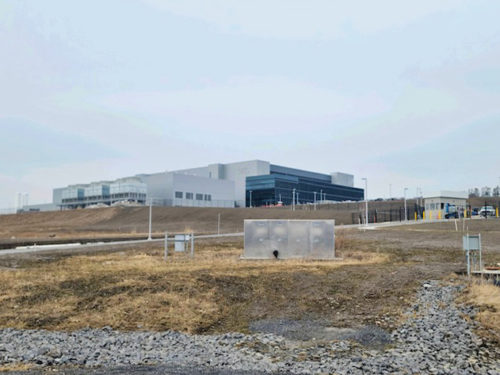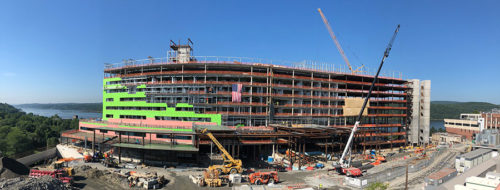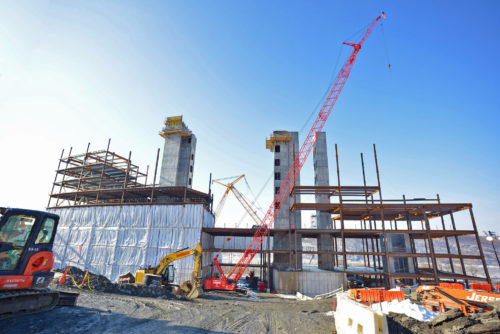Click the following link to view the PDF of this paper: Testing Programs to Support Parking Garage Evaluations

Steven N. Moore, PE
Senior Engineer
Atlantic Testing Laboratories
Concrete parking structures are commonly exposed to harsh environmental conditions, such as de-icing salts and multiple freeze-thaw cycles, and often do not get the maintenance and repairs needed to maintain structural integrity. New York State requires owners or operators of parking structures to submit condition assessment reports, provided by a licensed Professional Engineer, every 3 years. Atlantic Testing Laboratories offers field and laboratory testing services to support these required condition assessments.
- Drilling and extracting cores (ASTM C42) – Core samples can be extracted for a series of field and laboratory tests to evaluate the concrete for strength, durability, and integrity
- Half-Cell Corrosion Potential (ASTM C876) – Used to evaluate the probability of active corrosion within reinforcing steel
- Impact Echo (ASTM C1383) and Ultrasonic Pulse Velocity (ASTM C597) – Nondestructive Test methods that can delineate unsound concrete and evaluate the depth of flaws and delaminations
- Water-Soluble Chlorides (ASTM C1218) – Tests the concentration of water-soluble chlorides that can accelerate the corrosion of reinforcing steel
- Petrographic Analysis of Concrete (ASTM C856) – Microscopic evaluation of concrete to identify internal degradation mechanisms, such as alkali-silica reactivity, freeze-thaw distress, or chloride attack
- Microscopic Air Void Analysis (ASTM C457) – Microscopic evaluation of the air void system for freeze-thaw durability
- Chloride Permeability/Migration Coefficient (ASTM C1202/NT Build 492) – Evaluates the concrete for chloride permeability and chloride migration coefficient for life cycle evaluation
Anticipating harsh exposure conditions on parking garages, engineers often specify pre-construction tests to ensure the durability of the concrete and the materials used during concrete production. In addition to some of the tests referenced above, the following laboratory tests can be performed prior to construction to improve the strength and durability of the concrete structure.
- Resistance of Concrete to Freezing and Thawing (ASTM C666) – Tests the concrete mixture for freeze-thaw durability
- Potential Alkali Reactivity of Aggregates (ASTM C1260) – Tests the coarse and fine aggregates for potentially deleterious alkali-silica reaction (ASR)
- Soundness of Aggregates Using Sodium Sulfate or Magnesium Sulfate (ASTM C88) – Tests the soundness of aggregates exposed to weathering action, simulating the expansion of water in a cyclic freeze-thaw condition
- Surface Resistivity (AASHTO T 358) – Tests the surface resistance of the concrete and is an indication of the concrete’s ability to resist chloride ion penetration
ATL, a WBE certified company, provides field and laboratory concrete testing and evaluation. For more information, contact Steve Moore, PE, at 518-383-9144, info@atlantictesting.com, or visit AtlanticTesting.com.
|
ASSOCIATED SERVICES |
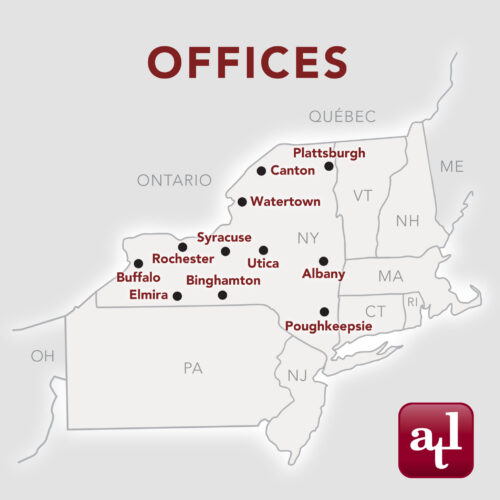 |

